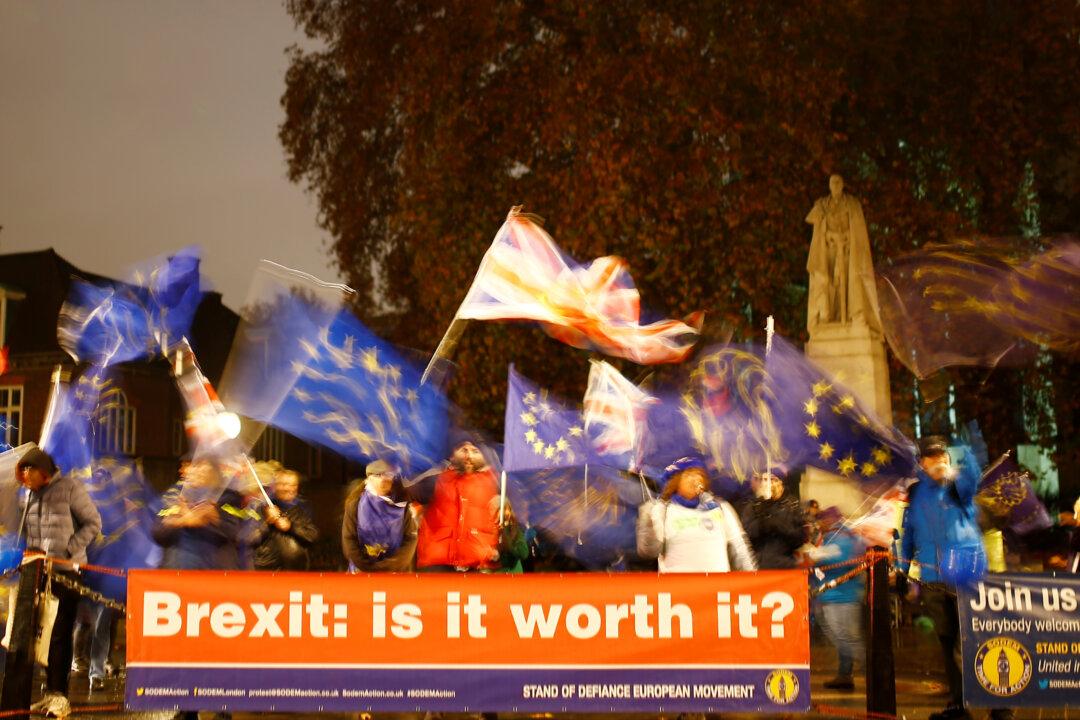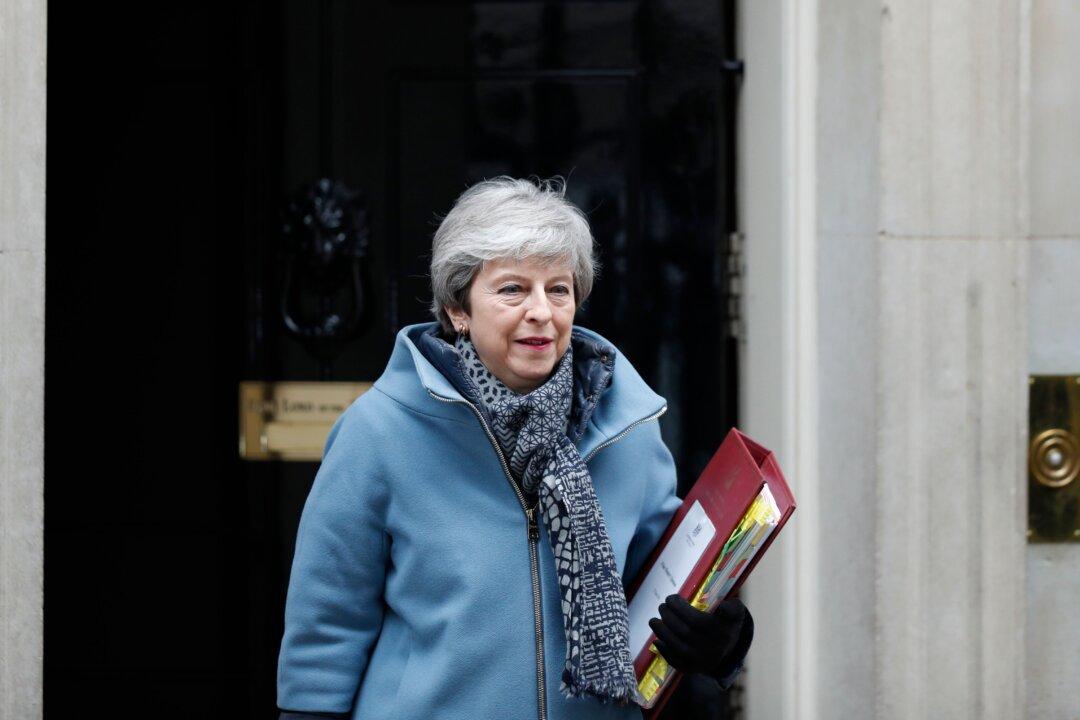LONDON—The UK’s Supreme Court has rejected a bid by the British government to stop the top court in Europe from hearing a case on whether the UK can reverse the Brexit process.
Politicians who are against Britain leaving the European Union would like the European Court of Justice (ECJ) to rule on whether the country can withdraw its notification to leave without permission from the other EU members.




